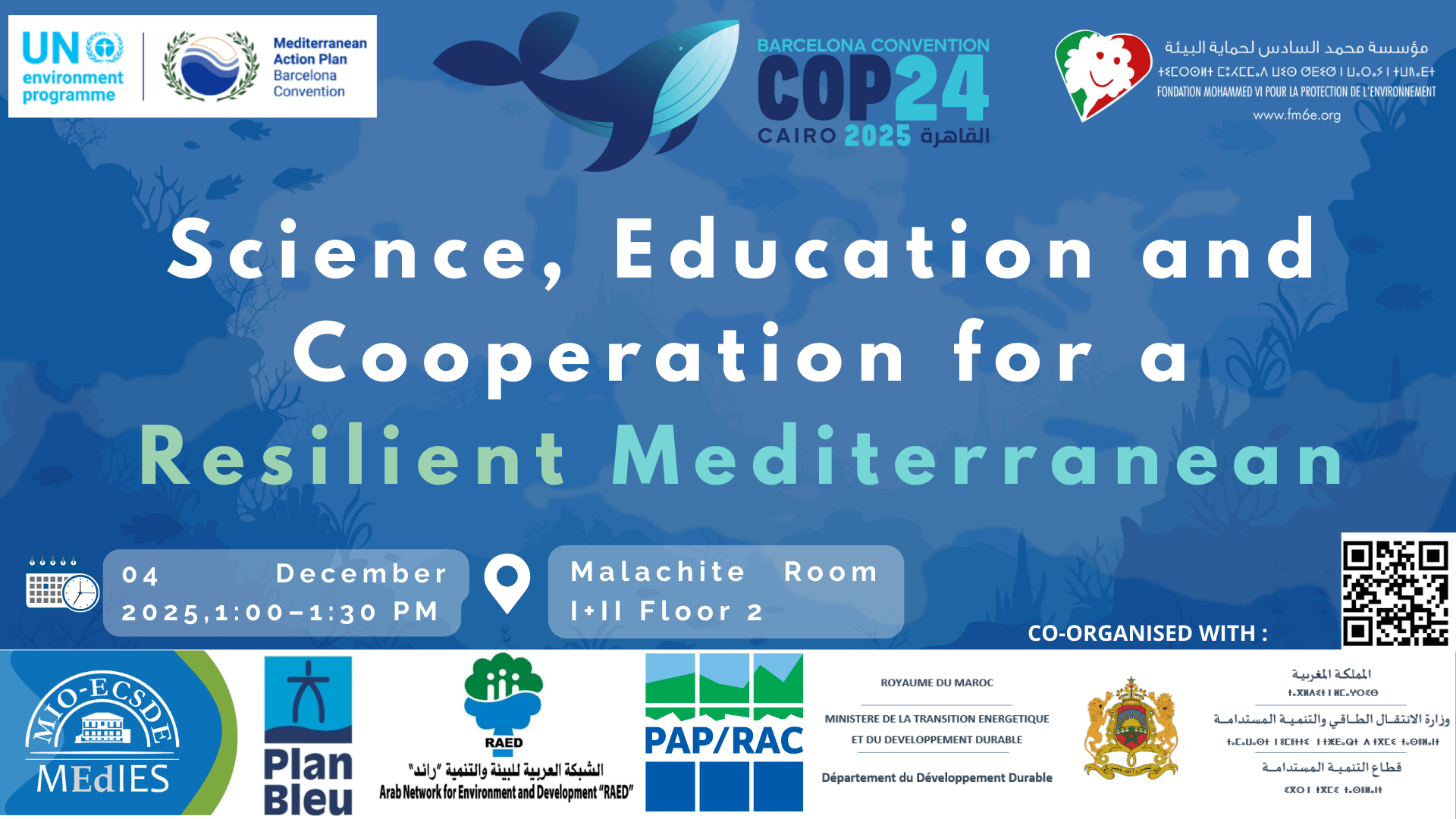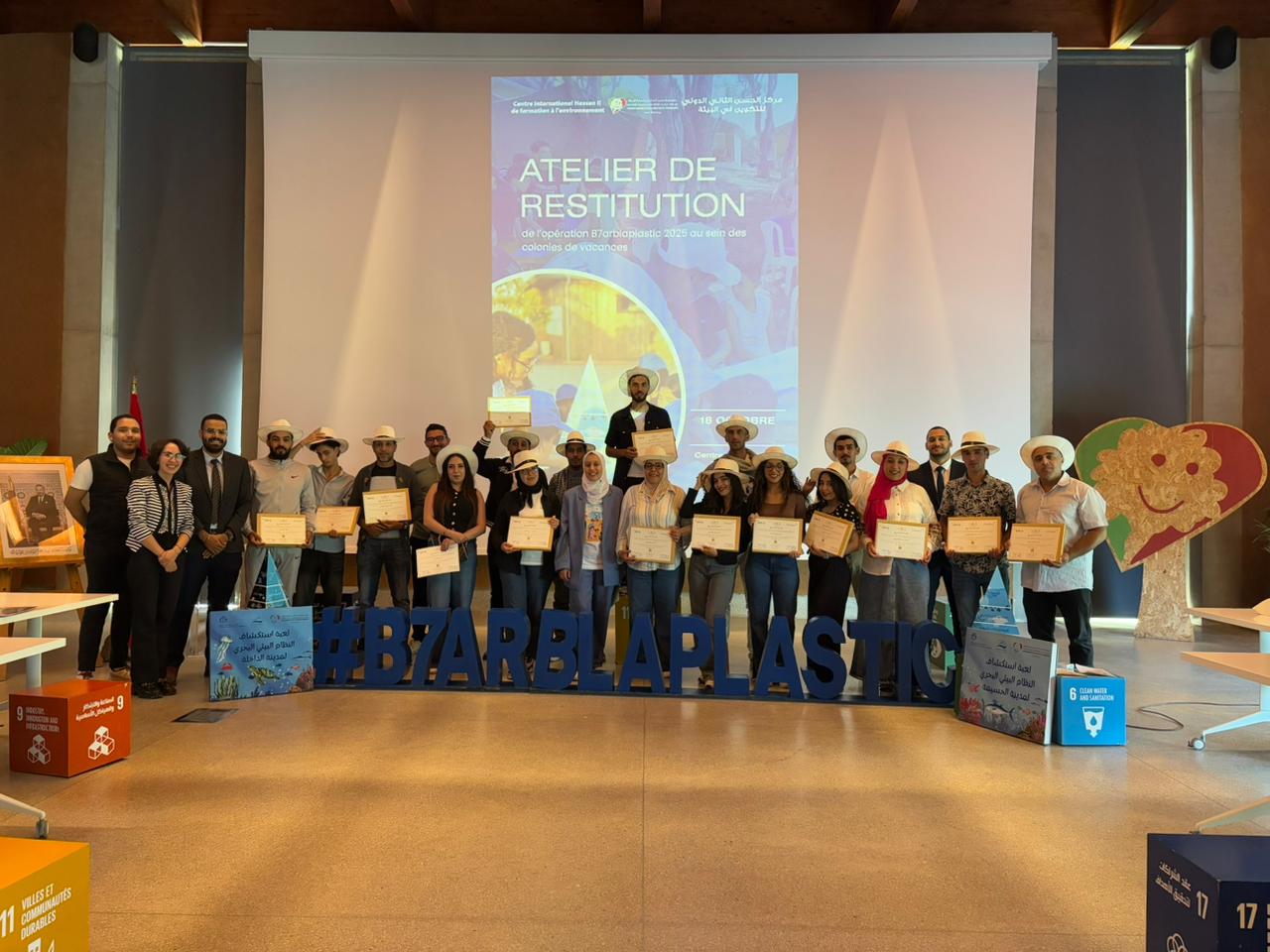
A large number of congresses, seminars and conferences are now held all over the world. Unfortunately, these events have avariety of negative effects on the environment. The United Nations Program for the Environment (UNEP) has published guidelines to reduce these effects and we will follow them in organizing the seventh WEEC. Making event slike the WEEC greeneris a significant and tangible contribution in the pursuit of sustainability.
Each meeting or conference has a negative impact on the environment (increasedecologicalfootprint). Examples are transport, air conditioning, the documents provided to the participants, food and accommodation. All of thisconsumption of naturalresources (energy, water and paper) produceswaste and contributes to air and water pollution locally and globally, as well as having an impact on climate change through the emission of greenhousegases.
A sustainableeventisdesigned and constructed to reduceconsumption, to mitigate the social and environmental impact and to leave a positive mark on the host community.
The primaryelements of organizing a sustainableevent are:
1) Selecting the venue
The venue for thisCongresswillbe the Congress Palace of Marrakech, whichisconvenientlylocated to hotels and the city centre and canbereached on foot or by means of public transport.
The organizers are responsible for encouraging the use of renewableenergy, natural light or energy-savinglamps, and solarbatterychargers for computers and mobile phones.
2) Accommodation
The selectedhotels must satisfyspecificrequirements.
The hotels must benear the congress centre and the downtown area. In addition, they must beeasy to reach on foot or by public transport, whichis essential for keeping transport emissions to a minimum.
Whenever possible, preferenceisgiven to hotelsthat are eco-certified (Green Key, Eco Label Europa, etc.) and / or thatadoptenergy-saving practices and otherenvironmentalprocedures (likechanginglinens and towelsonlywhenrequested); that engage in reducingwastage (water) and refuse (e. g.,using local and more sustainableproductsratherthandisposables); and that have appropriatesystems for waste collection, sorting and recycling.
3) Catering
Whenchoosing the catering services, special attention isgiven to the environmental impact of the food and beveragesthemselves, whichcanvaryaccording to whatisbeingproposed, and how the products are prepared.
Preferenceisgiven to local and seasonalproducts, encouraging the use of organic and / or fair-tradefoods and healthy nutrition. It is important to ensurethat the catererknows the exact number of participants ahead of time so as to reducewaste and thatanyexcessfoodbedonated to a local communityorganization.
The consumption of foods and beveragescangenerate large quantities of paper, plastic and otherorganicwastes. Werecommendusingtap water, avoiding the use of disposable articles and reducing the amount of packaging. Wealsorecommendmaking provisions for collecting and recyclingproductsthroughout the entireevent.
4) Organization of the event
The following aspects are takenintoaccount in planning the event:
Before the event: communication with the participants and registration.
The Foundation and the Permanent Secretariat are promoting a Zero-paperevent:
1 – Communication with participants willbedone by email sotheycanbedownloaded and read on the screen (for brief, small-sized documents like invitations, announcements, etc.).
2 –Participants willbe able to register online.
During the event, paper use shouldbekept to a minimum (recycledpaper, made in Morocco and printed on bothsides). The use of electronicdevicessuch as USB drives or CD-ROM shouldbeencouraged, and, if possible, computers with Internet connectionshouldbe made available to the participants.
The posters and support panels willbe made of materialshaving the least environmental impact possible.
3 – Advertisingmaterials and otherproducts for the participants willbekept to a minimum and made locally (i.e. bags for delegates, posters, gadgets, etc.). The products must alsobe made of sustainable, organic or recycledmaterials.
5) Local and International Transport
In terms of greenhousegasemissions, transport has the greatesteffect on an international event. Therefore, particular attention isdevoted to thistopicso as to minimizeits impact.
In thiscontext, the organizers urge participants traveling by air or car to compensate for the CO2 emissionscaused by their travelling by using the CO2 calculator of the CO2 Foundation. It is accessible through the website www.fm6e.org or directlyat http://www.fm6e.net/co2/an/
The calculatorallowsyou to calculate the amount of carbondioxideemittedduring the journey, transformingitinto a financial contribution, and to choose the project for CO2 reductionthatyouwant to support (development of renewableenergy, plantingtrees, etc.).
For example, between 2010 and 2012, usingfundscollected by the voluntary compensation of CO2, the Foundationstarted the following programs:
1 – Installingphotovoltaicsolar kits for illumination and the operation of smallappliancesin 142 rural schools and in the homes of teacherslocated in vulnerableregions of Morocco.
2 – Planting 7,000 date palms in the Palmeraie of Marrakech, 2400 (about 12 hectares) of which are irrigated by solarpowereddrip irrigation system.
3 – Distributing 500 bicycles to students of schools and universitieslocated in the Palmeraie of Marrakech, as a way to raiseawarenessamongstudents about the greenhouseeffect and climate change. Educational guides and posters have been published and provided to the 230 eco-schoolsbelonging to the program that the Foundationrealizes in collaboration with the Ministry of Public Instruction.
5.1 Local Transport
The proximity and accessibility of the main places of the event (congress centre, hotels, downtown area and access to public transport) is a priority for reducing the distance. Participants shouldtravel on foot or by public transport. To this end, appropriate information such as maps and bus scheduleswillbe made available to participants.
Bike rentalswillbepromoted (details to followlater).
Participants travelling by car are urged to compensate for the CO2 emissionsgenerated by theirjourney (see point 5 above).
5.2 International Transport
Air transport ismostresponsible for CO2 emissions. Sinceitcannotbeavoided, itshouldbecompensated for (see point 5 above).
6) Exhibition
Exhibitors are encouraged to reduce the amount of materialavailable in the stands. All materials must be as sustainable as possible in accordance with the provisions provided. Ratherthanusing high-intensityenergy in the stands, exhibitors are asked to limit the lighting and energyneeds. Setting up the stands producesaconsiderableamount of refuse (e.g. packaging for the materials to prepare the stand) and the display materialthemselves (posters, etc.).
Therefore, the exhibitors are urged to follow the local rules for waste collection and shouldbeencouraged to reuseany documentation and materials.


B7arBlaPlastic 2025 – Feedback Workshop from Summer Camps

Summer Heroes: Committed Training for Plastic-Free Beaches

Plages Propres: Immersive Training in Service of an Exemplary Coastline

National and International Awards of the Young Reporters for the Environment: Moroccan Youth at the Forefront of Ecosystem Protection

In Nice, the Mohammed VI Foundation for Environmental Protection Participates in the 3rd Ocean Conference

Green Time: The roots of tomorrow are planted today !

The Foundation Engages Youth to Enrich Morocco’s NDC 3.0

Green Time: The roots of tomorrow are planted today !

























































